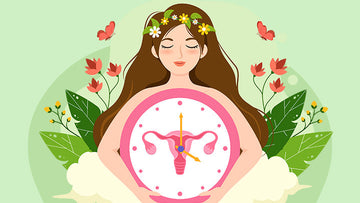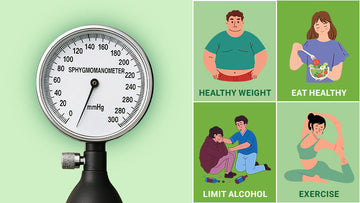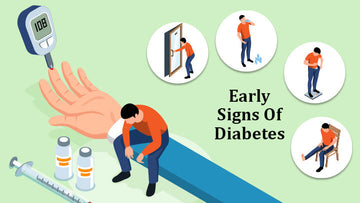When most people think of ovulation, they associate it with fertility and pregnancy—but the truth is, ovulation is essential for overall hormonal health, whether you’re trying to conceive or not.
If you’ve ever wondered why your cycle matters or what your body is really trying to tell you each month, this post is for you.
What Is Ovulation?
Ovulation is the phase in your menstrual cycle when one of your ovaries releases an egg. It typically happens around the middle of your cycle (for example, day 14 of a 28-day cycle), and it marks the beginning of your most fertile window.
But here’s the important part: ovulation isn’t just about making babies. It’s about making hormones—specifically progesterone, a vital hormone that only rises after you ovulate.
The Hormonal Dance of Your Cycle
Your menstrual cycle is powered by a beautiful rhythm of four key hormones:
-
Estrogen – helps build the uterine lining and supports mood and skin health
-
Luteinizing Hormone (LH) – triggers ovulation
-
Progesterone – rises after ovulation and balances estrogen
-
Follicle-Stimulating Hormone (FSH) – stimulates follicle (egg) growth
When ovulation doesn’t occur, this delicate balance gets disrupted—often without us even realizing it.
Why Ovulation Is a Vital Sign of Health
Ovulation is not just a monthly event; it’s a vital sign of your hormonal and metabolic well-being. Here’s why it matters:
1. You Need Progesterone
Progesterone only rises after ovulation. It helps:
-
Regulate mood and sleep
-
Reduce inflammation
-
Support thyroid function
-
Protect against estrogen dominance
Without ovulation? No progesterone. And without progesterone, things can feel… off.
2. It Reflects Hormonal Balance
A regular, ovulatory cycle signals that your:
-
Brain
-
Ovaries
-
Thyroid
-
Adrenal glands
…are all working in sync. If ovulation is missing, irregular, or delayed, it could be a red flag for hormonal imbalances like PCOS, hypothyroidism, or HPA-axis dysfunction.
3. It Supports Long-Term Health
Regular ovulation isn’t just important during your reproductive years. It contributes to:
-
Bone strength
-
Heart health
-
Cognitive function
This is one reason why early menopause or long-term anovulation can increase risks for osteoporosis and cardiovascular issues.
Signs You May Not Be Ovulating
-
Irregular or missing periods
-
No noticeable shift in basal body temperature (BBT)
-
Fertility struggles
-
Severe PMS or mood swings
-
Mid-cycle spotting
-
Acne or excess hair growth (often linked to PCOS)
🌿 How to Support Healthy Ovulation Naturally
The good news? Your body often responds well to the right support. Here’s how to promote healthy ovulation:
✅ Eat a balanced diet with healthy fats, quality protein, and enough carbohydrates
✅ Reduce stress through mindfulness, nature, or therapy
✅ Exercise in moderation—too much can suppress ovulation
✅ Prioritize sleep—aim for 7–9 hours per night
✅ Support blood sugar balance—limit refined sugar and pair carbs with protein
✅ Track your cycle using BBT, LH strips, or fertility tracking apps.
Final Thoughts
Your menstrual cycle is not just a monthly inconvenience—it’s a powerful reflection of your overall health. Ovulation, in particular, is a sign that your body is functioning well, even if pregnancy isn’t on your radar.
So the next time your cycle rolls around, take a moment to tune in. Your hormones are talking. Are you listening?






